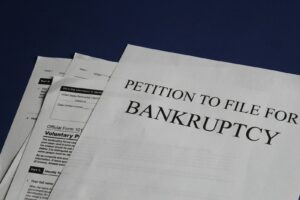Suffolk councils’ property company generates £1.4m
 Babergh and Mid Suffolk District Councils property investment company is generating £1.4m a year for the cash-strapped local authorities, according to a new report.
Babergh and Mid Suffolk District Councils property investment company is generating £1.4m a year for the cash-strapped local authorities, according to a new report.
Councillors will meet next week to discuss the draft business plan for CIFCO Capital, which is wholly owned by local authorities, was established in 2017 to generate income through property investment.
According to the council report, the company has 12 properties spread across the Eastern region.
After borrowing costs are taken into account, the report states it has generated £786,000 for Babergh District Council and £676,000 for Mid-Suffolk District Council this year, which is equivalent to raising council tax by 12.9% for local residents.
The report also describes describes a ‘strong first full year of trading’ but CIFCO chairman Chris Haworth admits that the board has had to contend with a changing market.
‘This year has presented a number of challenges, in particular the disruption in the retail sector and the growth in the warehouse sector, driven by the expansion of on-line shopping. This has meant that the board has had to consider acquisitions very carefully to reflect this changing market,’ said Haworth.
‘Where we haven’t been able to find the right property at the right price, we’ve revised our acquisition guidelines,’ he added.
‘This has meant an overall portfolio yield of 5.75% – slightly below the original target of 6%, but with a lower risk profile than originally expected. In other words, it’s a safer portfolio in terms of risk, but because the stakes are lower, so are the potential rewards.’
Cllr Suzie Morley, cabinet member for assets and investments for Mid Suffolk District Council said: ‘Like all local authorities, we are under unprecedented financial pressure to deliver services to our residents. By careful investment through CIFCO we can generate alternative sources of income rather than make reductions to our services.
‘We often hear the accusation we should be investing in our own districts rather than in property elsewhere – but it’s not ‘either/or’. The rental income we receive from the properties is reinvested within our districts, enabling us to invest in local regeneration and in meeting the needs of our residents.’
Photo Credit – Stevepb (Pixabay)
















